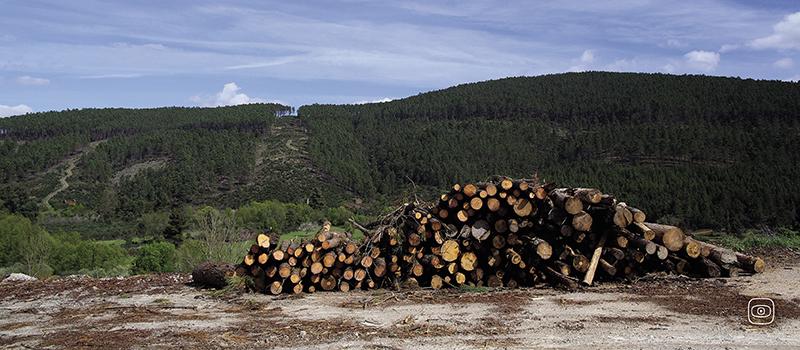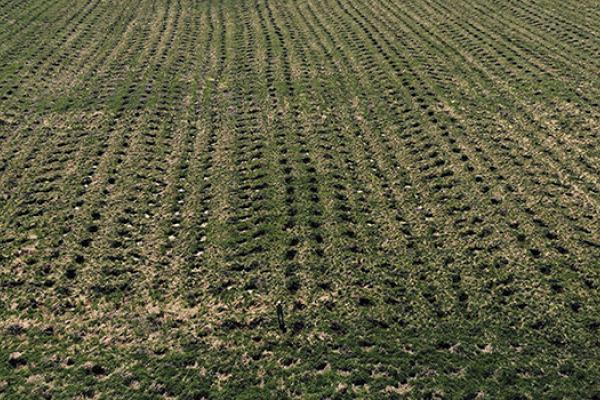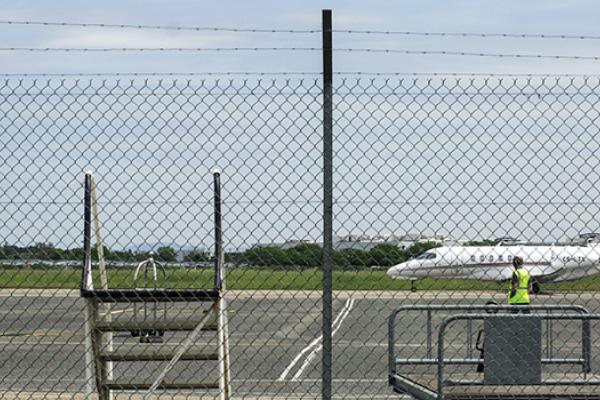In this investigation three journalists explored the three biggest regions that stand out as carbon emitters in Europe’s forest. They analysed how the detrimental forestry practices – like monocultures, hybridisations or clear-cutting – imposed by forestry lobbies and systemic governmental failure to manage it, effectively have transformed Les Landes in France, the big forest in the center of Portugal, and the Harz in Germany into greenhouse gas emitters. Their common feature? They are vast areas of monoculture.
The research, supported by data from global Forest Watch and interviews with experts, shows that such monoculture plantations lack the resilience needed to withstand climate change impacts, whether storms, fires or diseases. This vulnerability has led to substantial greenhouse gas emissions from these forests. However, those harmful practices are still frequently touted as highly effective or lucrative, accompanied by deceptive arguments about sustainability.
On the ground, we have met forest managers who have chosen a different path, demonstrating that there are more sustainable and resilient ways to manage forests.
Photo: The forest in Portugal's Centro region, largely covered of eucalyptus and maritime pine monoculture, has become one of Europe's carbon-emitting forests // José Sérgio






